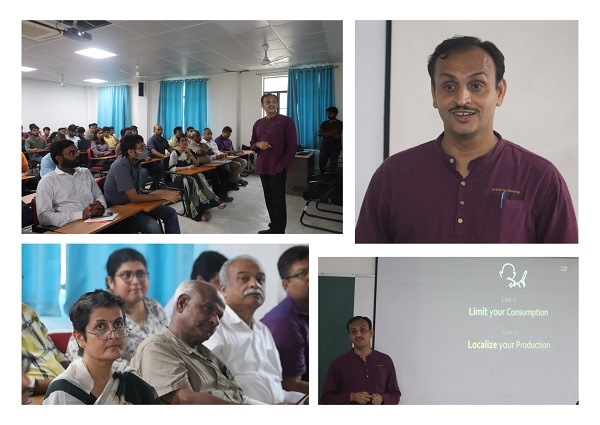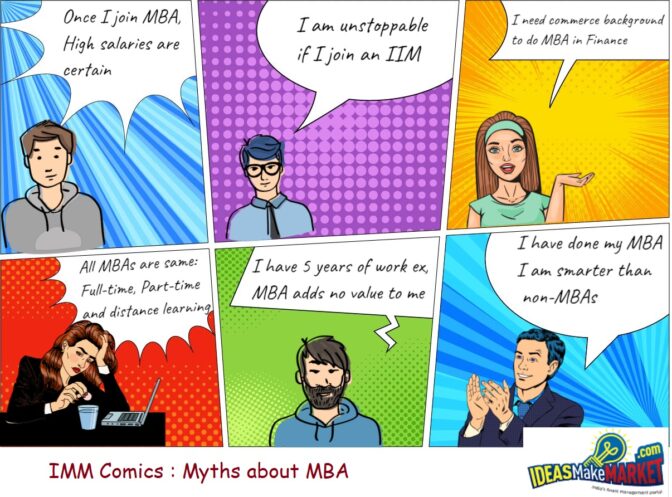Development is defined from an economic perspective as the efforts that seek to improve the economic well-being and quality of life. However, if we essentially look at development purely from an economic perspective, it will not do justice to the cause of eradicating poverty. Poverty can also be equally attributed to prevalent social, domestic and ecological issues. The following dissertation seeks to explore a business solution to help improve development outcomes.
One of the biggest challenges facing the eradication of poverty is the lack of connectivity and awareness about the objectives of any development program. The extremely low internet penetration that plagues much of the developing countries is one of the prime reasons for the same. Initiatives like internet.org can serve a great deal in connecting the remotest of locations and serving a social purpose. However, one should also understand that in order to access the internet, one also needs high end devices which may not be affordable for all strata of society.
However, the answer to this problem may lie in connecting the world by mobile devices. The success of initiatives like Mpesa in African countries clearly point in that direction. Notifications in the form of sms for low-skilled jobs can be provided, where the subscriber can apply by simply giving a missed call. SMS based notifications can also play a great role in transferring funds to the needy and serve towards the cause of financial inclusion. In addition to this, there can be helpline numbers whereby people can call and learn any subject or get their doubts resolved. Direct transfer of funds and access to a knowledge economy using low end devices can pave the way forward in ensuring outcomes for development projects. This in turn should fuel self-help groups and entrepreneurship to create a self-sustainable ecosystem.
At the same point of time, the ambitious plan of internet.org to make basic internet service free across the globe can one day not only serve in reducing poverty but also directly connect those seeking aids with those involved in philanthropic activities. Despite the harsh criticism about the venture with respect to net neutrality, I feel we have all realised the power of social networks in the last decade and success of platforms like Quora and Wikipedia clearly indicate the need for a platform which can connect people for a better world. Governments, companies & aid workers can together work in the single platform and harness the power of humanity.
In my view, social connectivity is the answer to solving not only poverty but many other evils plaguing the developing economies. This, in turn, will pave the way for social inclusion, thereby driving financial inclusion and economic upliftment of people at large. Presence of celebrity endorsements, company sponsorships will help in driving participation from the needy in triple areas of healthcare, education and jobs. However the key to its success will be on making this connectivity possible on not only low-end devices but in the remotest of locations.
Tags: connect internet povertyYou might like reading:

The ‘Energy Swaraj Yatra’ reaches IIM Bodh Gaya
‘Energy Swaraj Yatra’ solar bus made a stopover at the Indian Institute of Management, Bodh Gaya on 27 July 2022. This 11 year-long mission- ‘Energy Swaraj Yatra (2020- 30)’ is being undertaken by Dr. Chetan Singh Solanki, popularly known as the “Solar Man of India”. He is a professor from IIT Bombay, Brand Ambassador of Solar Energy for Govt. of […]

IMM Comics : Myths about MBA
There are several myths around MBA. IMM Comics brings to you a creative take on some of the key myths around MBA in India.






























